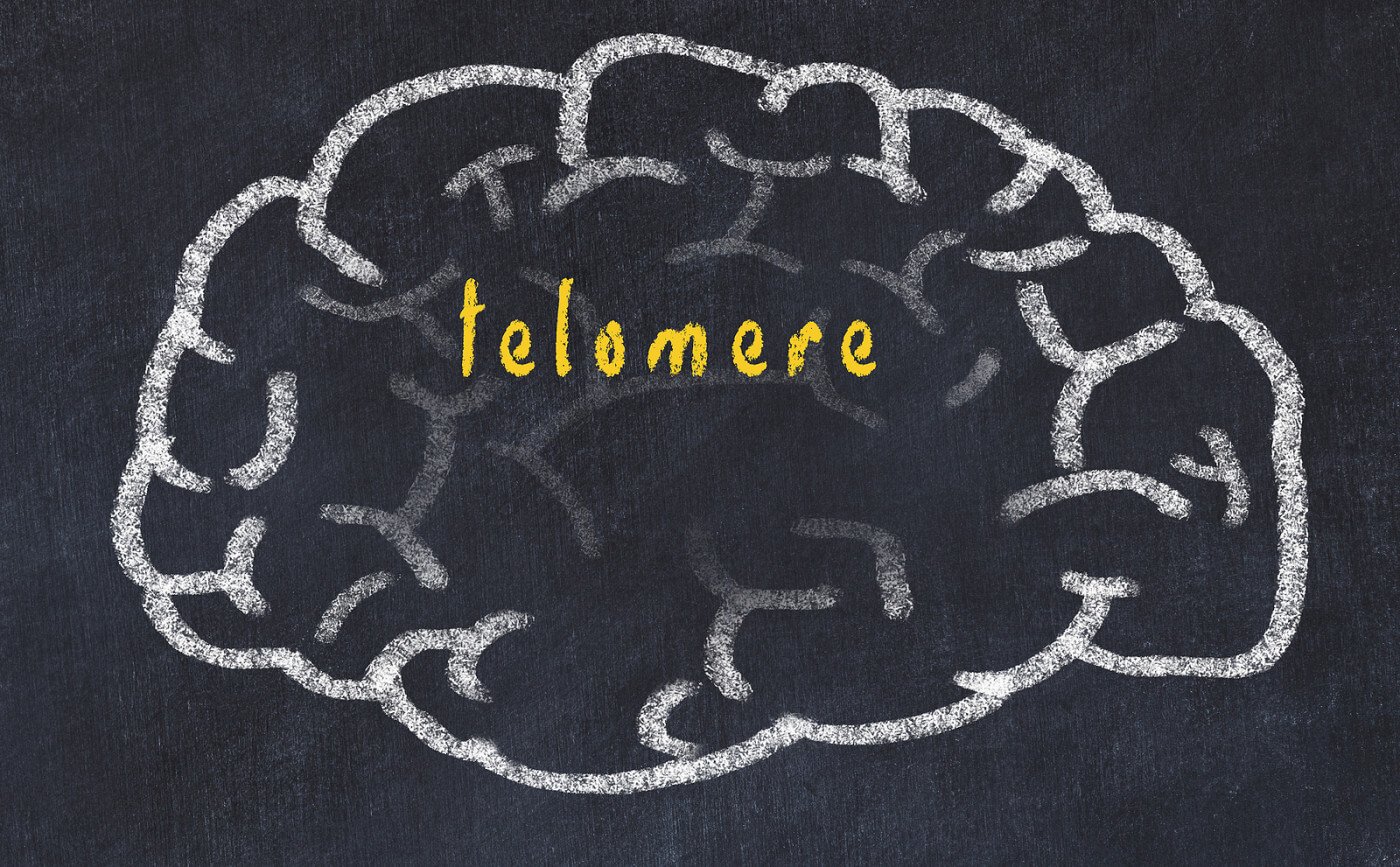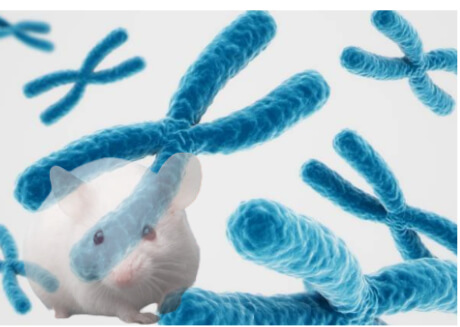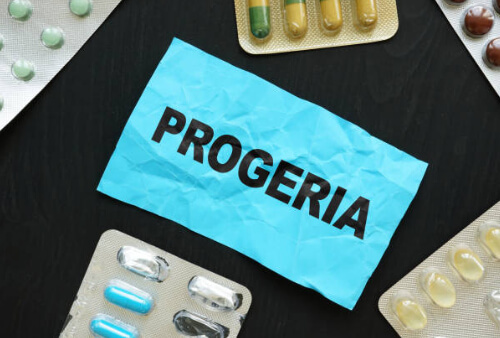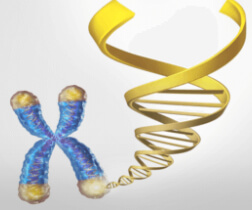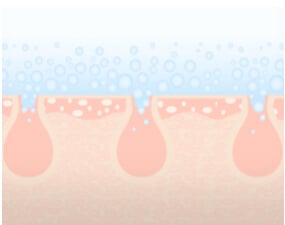Can Resveratrol Help Knockout Obesity?
Obesity is a major problem in Western cultures since it increases the likelihood of diseases such as Diabetes, Cardiovascular diseases, Cancer, and osteoArthritis. A straightforward solution may be to eat less, in what is referred in the scientific community as caloric restrictions. It is well documented in various animal and cell models that a 30-50% caloric restriction can not only reduce the incidence of Cancer and Diabetes but also improve stress resistance and decelerate other age-related functional declines such as mental abilities. [1]
What is remarkable about caloric restriction is that once the body gets used to the lower calories, physiologically, it functions in a more efficient matter and acquires an improved metabolic profile. These observations and others have led to studies with the objective of looking for compounds that can mimic caloric restriction without actually cutting calories. [2]
Resveratrol is one such compound. Resveratrol’s capacity to activate the same proteins that are also active when animals or cells have undergone caloric restriction has been remarkable. However, although many studies have been done on human cells, few studies have actually been done on humans.
In a current study published in the journal Cell Metabolism, the researchers did exactly that (Cell Metabolism 2011, Vol. 14, page 612). The researchers gave obese people (but who otherwise did not suffer from any other condition) a dietary supplement of trans-resveratrol over thirty days and then examined several physiological parameters, among them, whole-body energy expenditure, fat storage, and the ability of fat tissue to break down fat molecules.
Remarkably the data showed that, like caloric restriction, in thirty days, resveratrol was able to lower energy expenditure, improve the metabolic profile, and improve general health parameters (such as decreases in glucose, insulin, and triglyceride concentrations in the blood). [3]
To know more about RevGenetics Resveratrol, click (Read about resveratrol news and science).
References:
- https://nyaspubs.onlinelibrary.wiley.com/doi/abs/10.1111/nyas.13283
- https://www.sciencedirect.com/science/article/pii/S0925443914003421
- https://www.sciencedirect.com/science/article/pii/S155041311100386X



